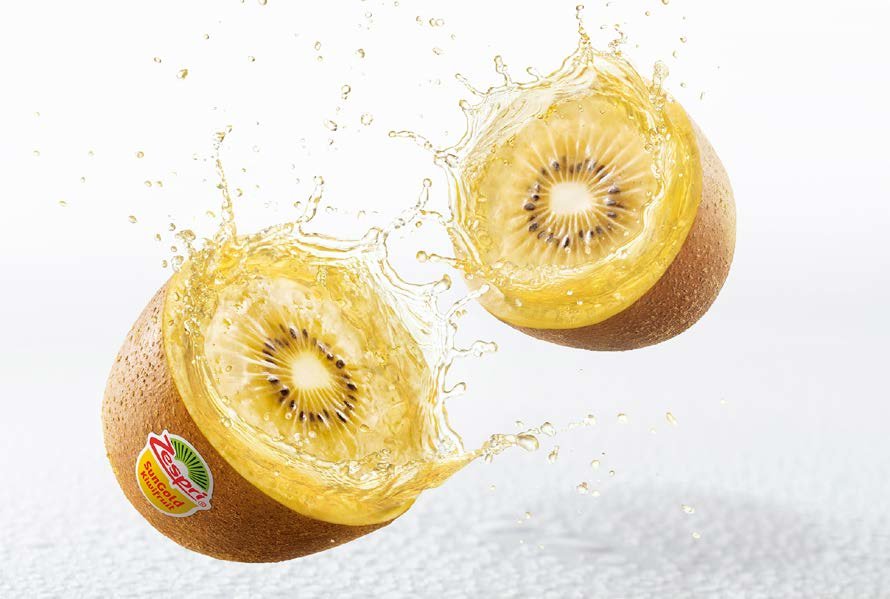2016 New Zealand Innovation Awards Export Innovator of the Year & Sustained Innovation Excellence: Zespri

Think of New Zealand’s iconic agriculture exports. Put animal products aside and what do you think of? Kiwifruit?
You can thank Zespri for that. The Mount Maunganui company is the world’s largest seller of kiwifruit, with sales in more than 53 countries around the world and managing 30 percent of the global volume.
In the 2015-2016 financial year alone, Zespri sold 131 million trays of premium-quality Zespri Kiwifruit. With 17 offices around the globe, the company still manages to spend about $20 million per year on innovation to support the 3,000 current and past growers, who own the business collectively.
Zespri’s SunGold kiwifruit is one of its key innovations. Developed over the last 20 years through an exhaustive process of trial and error, breeding multiple varieties of kiwifruit to get the SunGold hybrid just right, they are also resistant to a disease known as PSA, which can devastate entire kiwifruit crops. In other words, the SunGold is a big innovation in terms of what we all may be eating in the near future. It can also be grown in China, which Zespri sees as a major export market.

To get its kiwifruit to export markets like China, another one of Zespri’s key areas of innovation is how its products get to the other side of the world before they spoil, while also minimizing harm to the environment.
One method the company employs is bulk refrigerated cargo (known as ‘reefer’) shipping, which is 36 percent more carbon efficient than traditional shipping.
Then there’s what Zespri does with packaging. In a world first, Zespri introduced compostable fruit labels across all Zespri Organic kiwifruit in 2013, after a large-scale trial conducted in 2012. The company has a goal of introducing compostable fruit labels for several years, and worked closely with US-based packaging manufacturer Sinclair to overcome the daunting technical challenges involved. Sinclair tested the degradability of labels to international standards and found they degraded within 22 weeks, with less than 10 percent of the original dry matter remaining.
Oh, and the company also encourages its growers to use sustainable practices, and maintain the biodiversity of Aotearoa. Natural bee pollination is encouraged, and, to do so, the company actively works with New Zealand beekeepers to support the industry and funds research to make sure the bees keep coming back time and time again.
Zespri grower Graham Dyer, who grows his kiwifruit at BayPark Orchard near Tauranga, says sustainability should be an important focus of any business. “Sustainability is a passion,” he says. “It’s about leaving our property in better condition for the future generations, including our children and grandchildren.”

EVALUATOR’S COMMENTS




